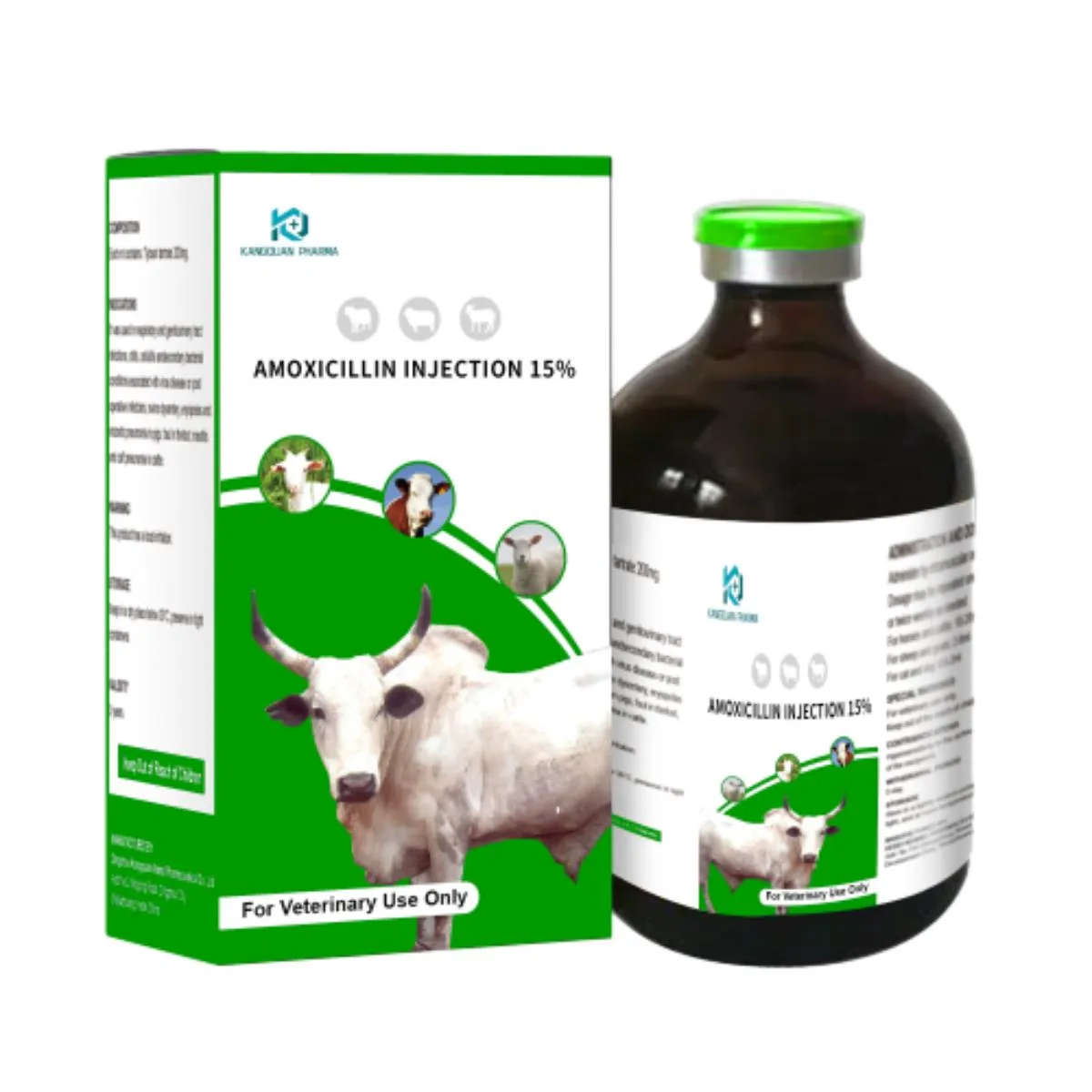- Afrikaans
- Albanian
- Amharic
- Arabic
- Armenian
- Azerbaijani
- Basque
- Belarusian
- Bengali
- Bosnian
- Bulgarian
- Catalan
- Cebuano
- Corsican
- Croatian
- Czech
- Danish
- Dutch
- English
- Esperanto
- Estonian
- Finnish
- French
- Frisian
- Galician
- Georgian
- German
- Greek
- Gujarati
- Haitian Creole
- hausa
- hawaiian
- Hebrew
- Hindi
- Miao
- Hungarian
- Icelandic
- igbo
- Indonesian
- irish
- Italian
- Japanese
- Javanese
- Kannada
- kazakh
- Khmer
- Rwandese
- Korean
- Kurdish
- Kyrgyz
- Lao
- Latin
- Latvian
- Lithuanian
- Luxembourgish
- Macedonian
- Malgashi
- Malay
- Malayalam
- Maltese
- Maori
- Marathi
- Mongolian
- Myanmar
- Nepali
- Norwegian
- Norwegian
- Occitan
- Pashto
- Persian
- Polish
- Portuguese
- Punjabi
- Romanian
- Russian
- Samoan
- Scottish Gaelic
- Serbian
- Sesotho
- Shona
- Sindhi
- Sinhala
- Slovak
- Slovenian
- Somali
- Spanish
- Sundanese
- Swahili
- Swedish
- Tagalog
- Tajik
- Tamil
- Tatar
- Telugu
- Thai
- Turkish
- Turkmen
- Ukrainian
- Urdu
- Uighur
- Uzbek
- Vietnamese
- Welsh
- Bantu
- Yiddish
- Yoruba
- Zulu
11 月 . 04, 2024 15:59 Back to list
what kills roundworms in humans
What Kills Roundworms in Humans?
Roundworms, also known as nematodes, are a diverse group of parasites that can infect humans and other animals. They are responsible for various diseases, most notably ascariasis, enterobiasis, and hookworm infections. While they are more prevalent in tropical regions, they can manifest in any environment where hygiene practices are insufficient. Understanding what kills roundworms in humans is crucial for effective treatment and prevention strategies.
Understanding Roundworm Infections
Before delving into the methods of killing roundworms, it's imperative to recognize how these parasites operate within the human body. Roundworms can inhabit the intestines or other tissues, feeding off the host’s nutrients. This parasitic relationship can lead to malnutrition, immune system suppression, and other serious health complications. Symptoms of roundworm infections may include abdominal pain, diarrhea, weight loss, and fatigue, depending on the type of roundworm.
Pharmaceutical Treatments
The primary approach to eliminate roundworms from the human body is through pharmaceutical treatments. Anthelmintic medications are specifically designed to kill or expel parasitic worms.
1. Albendazole This common anthelmintic works by inhibiting the uptake of glucose by the worms, ultimately leading to their death. It is effective against various roundworm species, including Ascaris lumbricoides and Trichuris trichiura.
2. Mebendazole Similar to albendazole, mebendazole disrupts the worms' glucose metabolism. It is often used to treat infections like pinworms and hookworms.
3. Ivermectin Primarily known for its efficacy against parasites in livestock, ivermectin is also used to treat certain roundworm infections in humans. It works by paralyzing and killing the worms, allowing them to be expelled from the body.
4. Pyrantel Pamoate This medication acts as a neuromuscular blocker, causing paralysis in the roundworms, which subsequently allows for their removal during bowel movements. It is effective against pinworms and hookworms.
what kills roundworms in humans

Natural Remedies
While pharmaceutical treatments are the most effective means of killing roundworms, some individuals may explore natural remedies. However, it’s essential to approach these alternatives carefully. Some natural remedies believed to have anthelmintic properties include
1. Garlic Known for its immune-boosting properties, garlic may help expel worms due to its antimicrobial effects.
2. Pumpkin Seeds These seeds contain compounds that may paralyze worms, helping to expel them from the digestive system.
3. Wormwood and Clove Traditionally used in herbal medicine, these substances may also help eliminate parasites by disrupting their lifecycle.
Prevention Strategies
Preventing roundworm infections is as vital as treating them. Ensuring proper hygiene and sanitation can significantly reduce the risk of infection. Strategies include
- Washing hands thoroughly with soap and water, especially after using the restroom or before preparing food. - Cooking food thoroughly and avoiding consumption of raw or undercooked meats and fish. - Drinking clean, treated water and practicing safe disposal of human waste.
Conclusion
In conclusion, understanding what kills roundworms in humans involves recognizing effective pharmaceutical treatments and considering natural remedies while emphasizing prevention. Always consult healthcare professionals before starting any treatment to ensure safety and efficacy. With appropriate interventions, roundworm infections can be effectively managed, promoting better health for affected individuals.
-
The Power of Radix Isatidis Extract for Your Health and Wellness
NewsOct.29,2024
-
Neomycin Sulfate Soluble Powder: A Versatile Solution for Pet Health
NewsOct.29,2024
-
Lincomycin Hydrochloride Soluble Powder – The Essential Solution
NewsOct.29,2024
-
Garamycin Gentamicin Sulfate for Effective Infection Control
NewsOct.29,2024
-
Doxycycline Hyclate Soluble Powder: Your Antibiotic Needs
NewsOct.29,2024
-
Tilmicosin Premix: The Ultimate Solution for Poultry Health
NewsOct.29,2024













